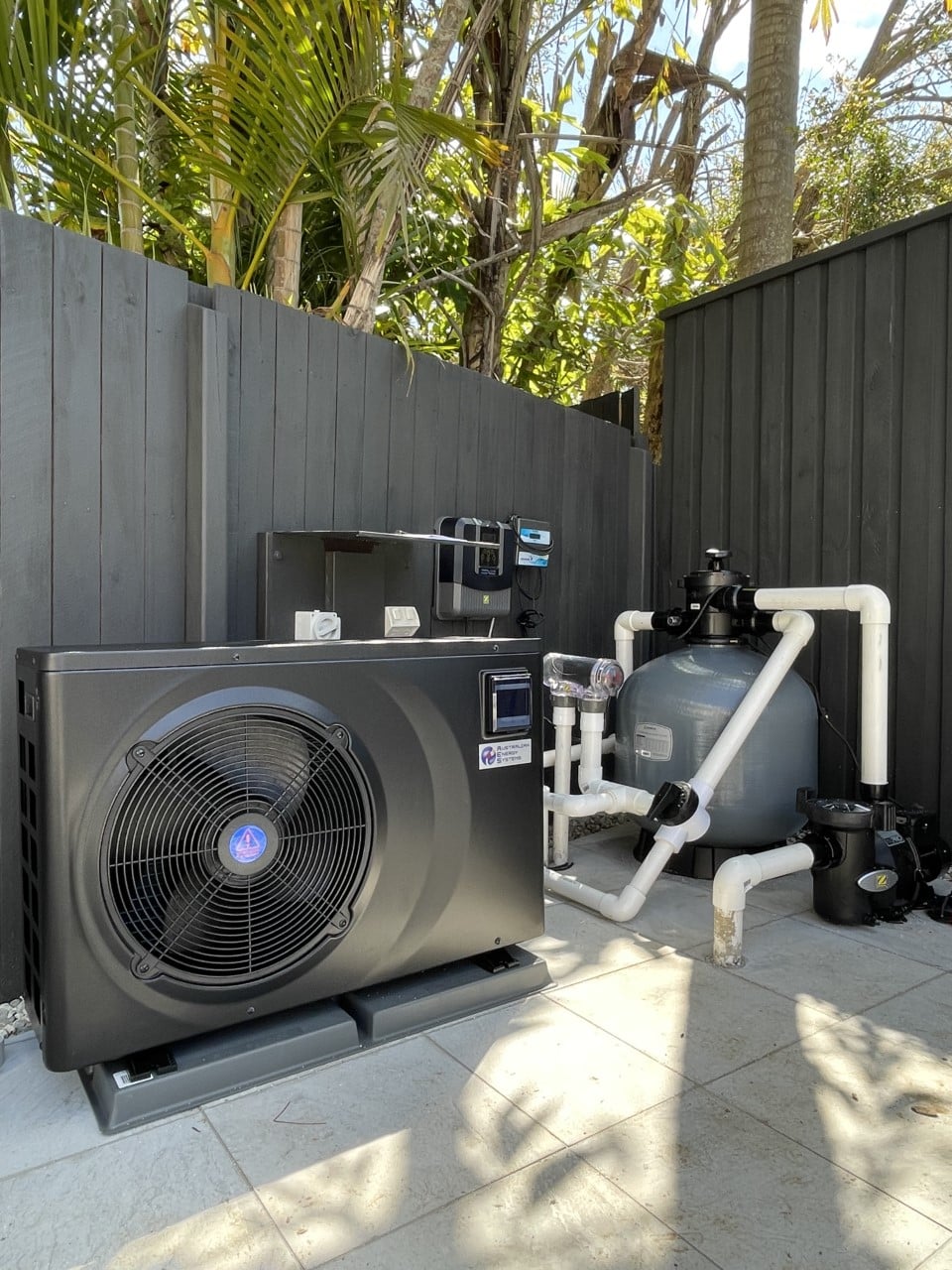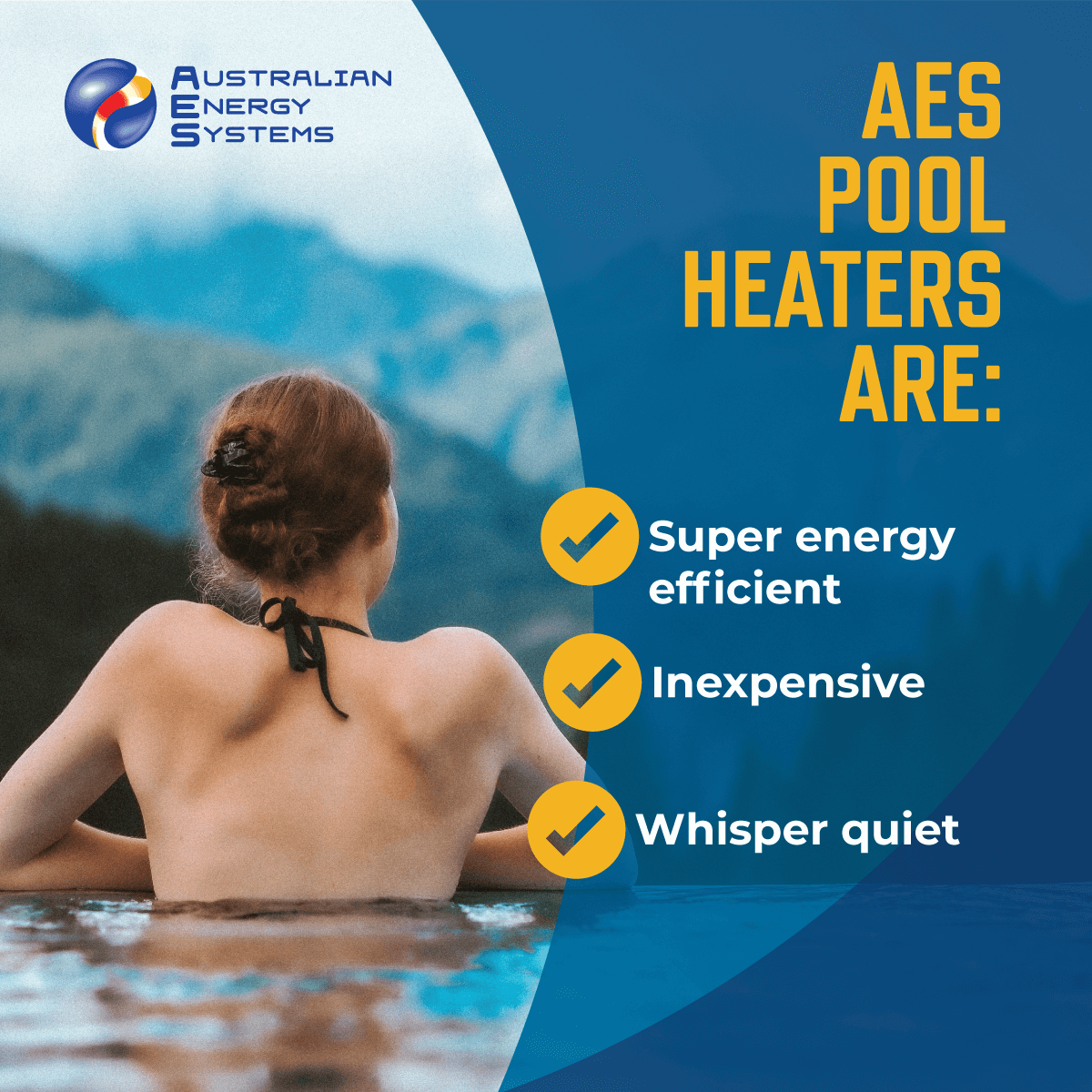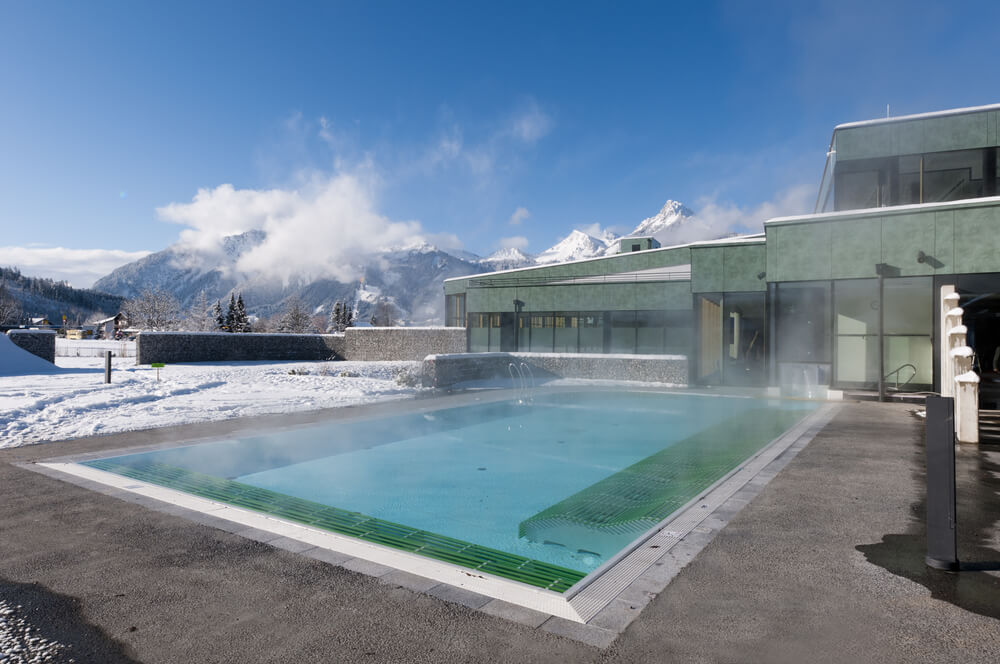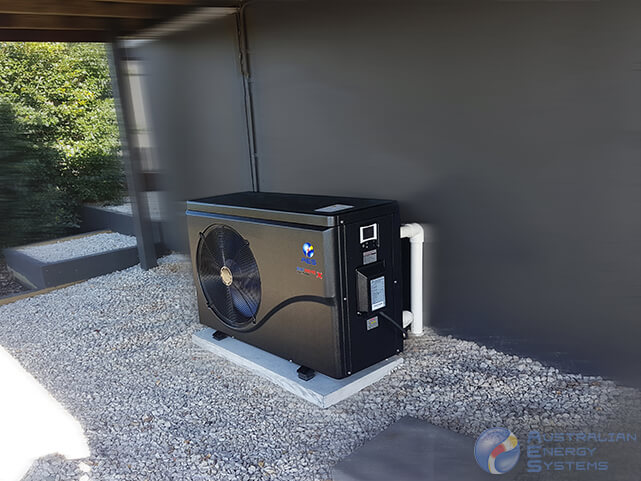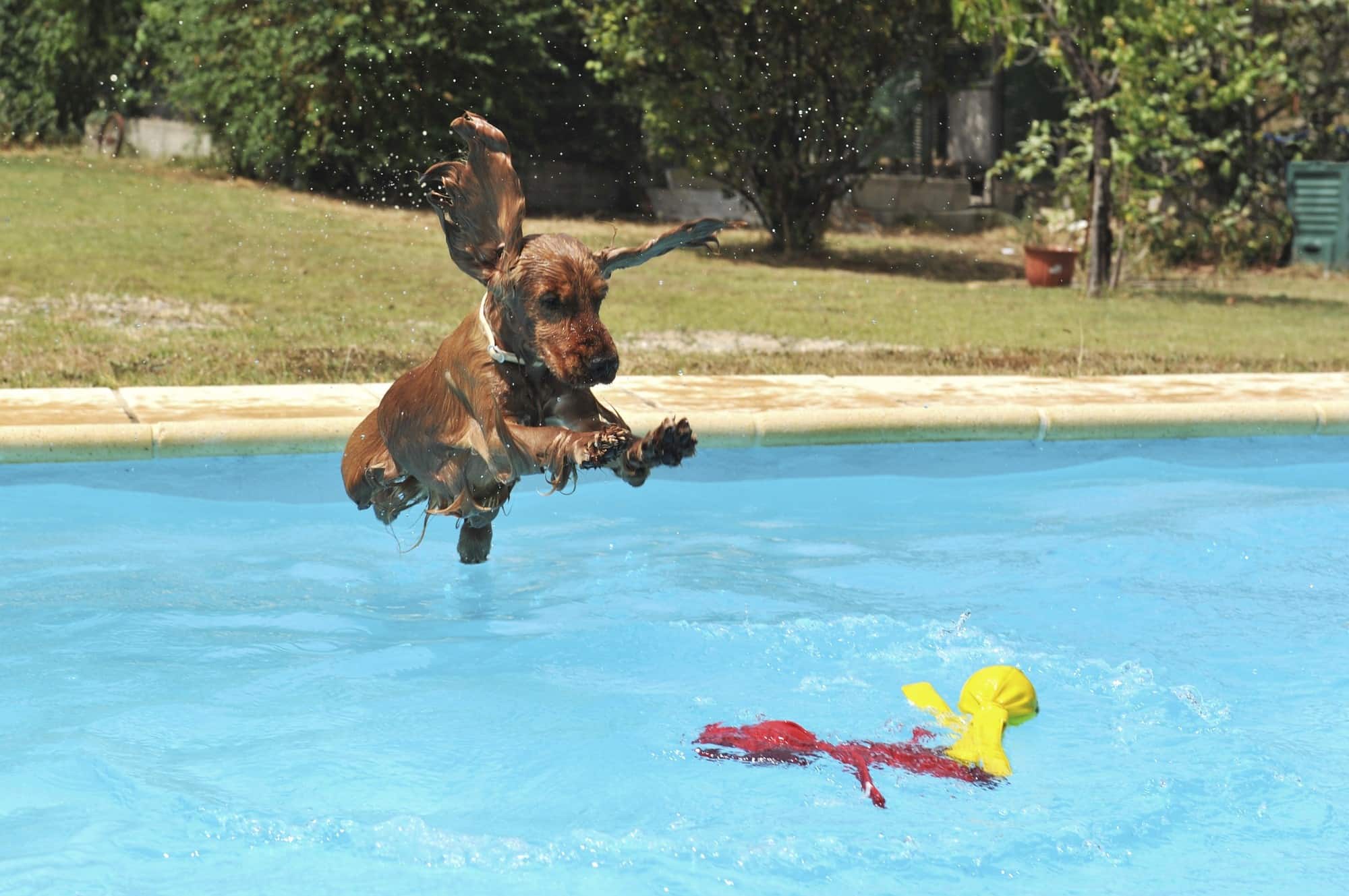Pool heaters can last between 5 and 20 years, which significantly affects how economical your heater is long-term. Here’s how long you can expect each type of heater to last, and how to get the most life out of it.
AES Pool Heating Tweet
First, we’ll cover the types of pool heaters and their typical life span.
There are three main types of pool heaters: gas heaters, electric heat pumps, and solar heating. Each one has a very different expected life span, which is one of the factors to consider when you’re choosing a heater.
Table of Contents
Key Highlights
- Pool Heater Lifespan: Gas heaters last 5-10 years, electric heat pumps 10-20+ years, and solar heaters 15-30 years.
- Factors Affecting Lifespan: The lifespan of a pool heater depends on usage, environmental conditions, and how well it is maintained.
- Operating Costs: Gas heaters are costly long-term, electric heat pumps offer savings, and solar heaters have minimal ongoing costs.
- Signs of Failure: Key signs of a failing heater include reduced heating, rising energy bills, frequent repairs, and visible damage.
- Maintenance Tips: Regular checks for rust, leaks, and debris help extend the heater’s life.
What Is the Average Lifespan of Different Types of Pool Heaters?
The lifespan of a pool heater depends on several factors, including the type of heater, frequency of use, environmental conditions, and how well it is maintained. Pool heaters can last anywhere from 5 to 25 years, with some exceeding this range under ideal conditions. Let’s take a closer look at how long different types of pool heaters typically last.
Type of Pool Heater | Average Lifespan | Factors That Affect Lifespan |
Gas Pool Heater | 5 to 10 years |
|
Solar Pool Heater | 15 to 30 years |
|
Electric Heat Pump | 10 to 20+ years (sometimes up to 30 years) |
|
Operating costs for types of pool heater
Electric heat pump pool heater
Approximate life span: 10 to 20 years+
Without question, electric heat pumps are the most popular pool heating choice. They work by extracting warmth from the air and transferring it to the pool water as it’s pulled through the unit. Electric heat pumps use a small amount of electricity and are most efficient in warmer climates.
Some people find their electric heat pumps lasting close to 30 years, although 10 to 20 years is more standard. Advancements in technology and efficiency have made modern heat pumps incredibly durable and reliable. Although the initial purchase and installation cost may be slightly higher than gas heaters, the long-term savings on energy bills and maintenance make them the most cost-effective overall.
Solar pool heating
Approximate life span: 15 to 20 years
Solar pool heating has the highest upfront cost, but its ongoing expense is next to nothing. Solar matting installed on the roof harnesses the sun’s heat and warms the pool water as it’s drawn up and through the mat. It’s an incredibly environmentally friendly option with few ongoing costs.
However, even though solar heating seems to be the most cost-effective option and has a reasonable life span, it does have some disadvantages:
- It takes several days to bring a pool up to the desired temperature.
- Heating is entirely dependent on weather conditions and how much sun your rooftop gets.
- Using solar heating may prevent you from installing solar panels that reduce your overall power bill.
Gas heaters
Approximate life span: 5 to 10 years
People choose gas heaters because they can heat a pool within a few hours using natural gas. It’s a good choice if you’re after year-round heating. Even though gas heaters are the fastest way to heat a pool, they do have drawbacks:
- Operating costs can be higher because of the increasing price of gas.
- Gas heaters also have the shortest lifespan because the combustion process and its chemical components can lead to greater wear and tear.
- Maintaining a gas heater can be more time-consuming and expensive than other options. You’ll usually need an expert to repair and service a gas heater.
Weighing up all the factors
Deciding on a pool heater is about more than lifespan. You also need to consider the climate where you live, and how you want to use your pool.
For instance, if you live in the southern part of Australia, you may find the weather doesn’t support solar heating well. Or, if you want to be able to switch on the heater in the morning and swim at night, you’ll need either a gas heater or an electric heat pump.
We’ve helped hundreds of people choose and install pool heaters, and the best all-rounder is consistently the electric heat pump. It has low operational costs, excellent durability, reasonably fast heating, and advanced technology that makes heating simple. It can heat in any weather and easily extends your swimming season each year. You can even use it for year-round heating.
Maintenance of your pool heater
Like any appliance, a little care and maintenance can keep your pool heater going longer. First, location matters. You can ask a pool heater expert for the best position in your yard to protect the unit from extremes of weather, damp and pests.
You can also check your unit regularly to look for signs of wear and tear. Look for:
- Reduced heating efficiency
- Frequent repairs and high maintenance costs
- Unusual noises (e.g., rumbling, whistling) or strange smells
- Rising energy bills due to inefficiency
- Visible signs of rust, corrosion, or leaks
- Evidence of pest or rodent activity
- Accumulation of debris like leaves, twigs, or animal droppings
- Fluid leakage from the heater
If you notice any of these signs, request a service immediately. The unit may be able to be repaired, and you can take steps to prevent the damage from happening again.
Making sure you get the right heater for the job
Before making any decision as big as the choice of pool heater – remembering that it’s a choice you’ll be living with for a decade or two! – it’s a good idea to ask an expert. Good advice is only a phone call away, and our team are also happy to provide complimentary quotes on heater size and type, and installation costs.

